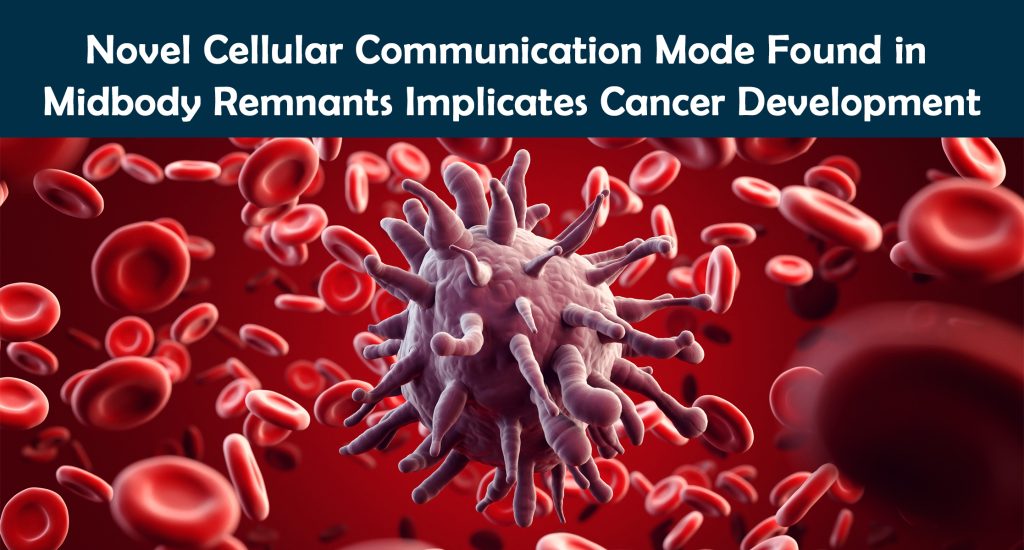
Scientists have unearthed a novel mode of cellular communication with the potential to induce neighboring cells to become cancerous. Midbody remnants, typically considered cellular waste following cell division, have been discovered to contain genetic instructions for cell division. These parcels, measuring a millionth of a meter, are replete with RNA that serves in cell communication rather than division. Notably, midbody remnants are released into extracellular space and ingested by nearby cells, including cancer and stem cells, enhancing invasiveness and contributing to cellular reprogramming. These findings suggest midbody remnants play a significant role in oncogenesis. Further research is required to ascertain their full impact on cell behavior.

